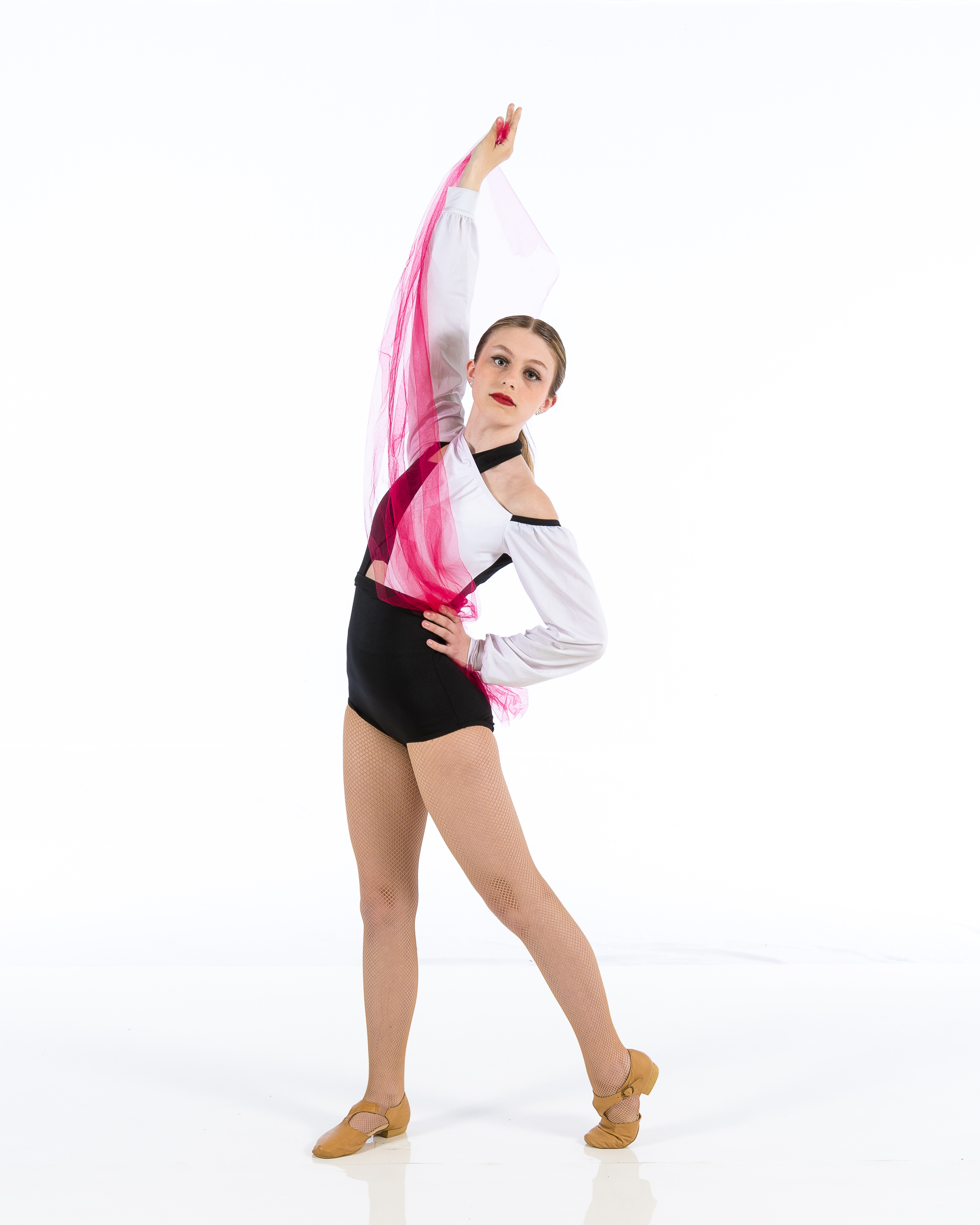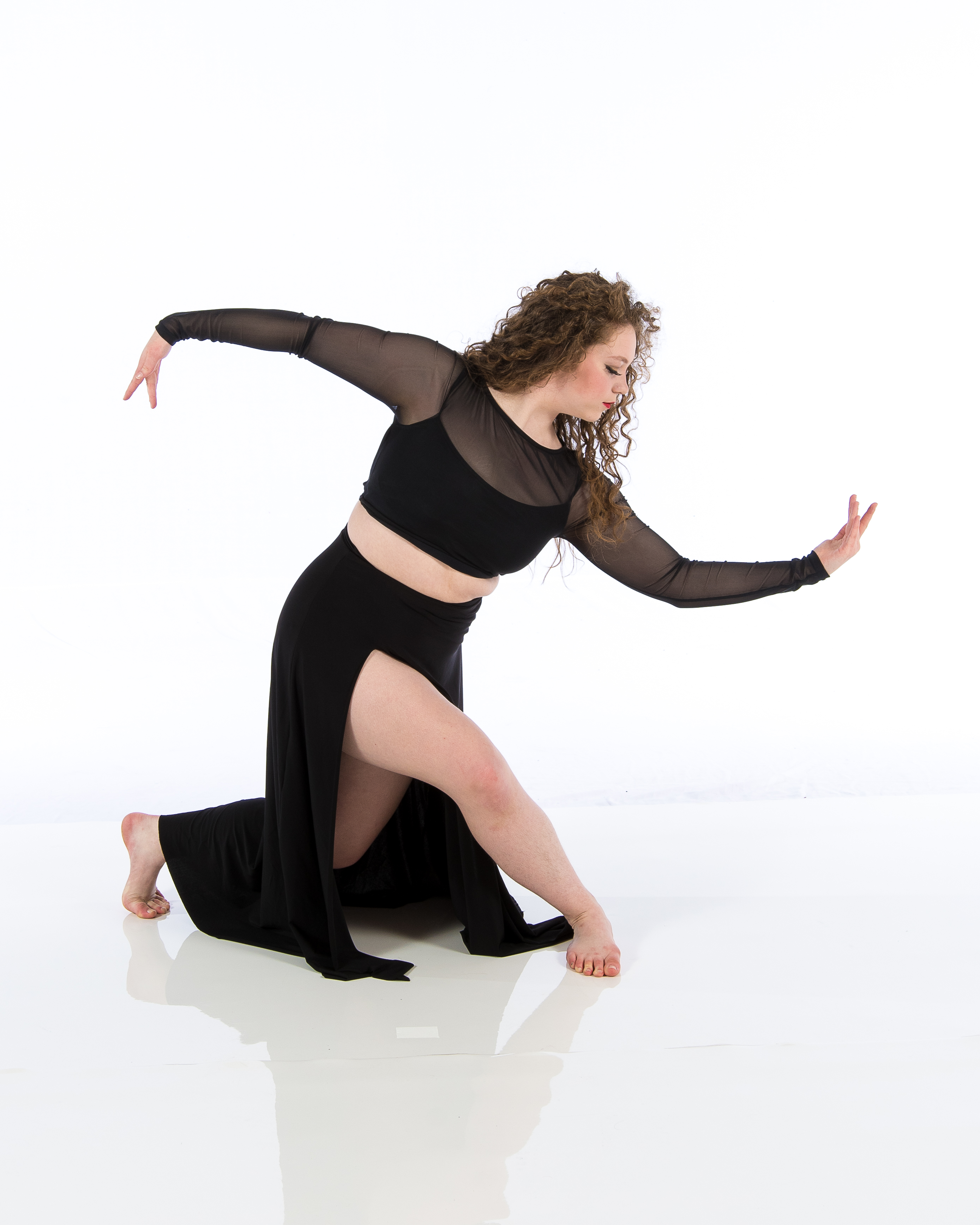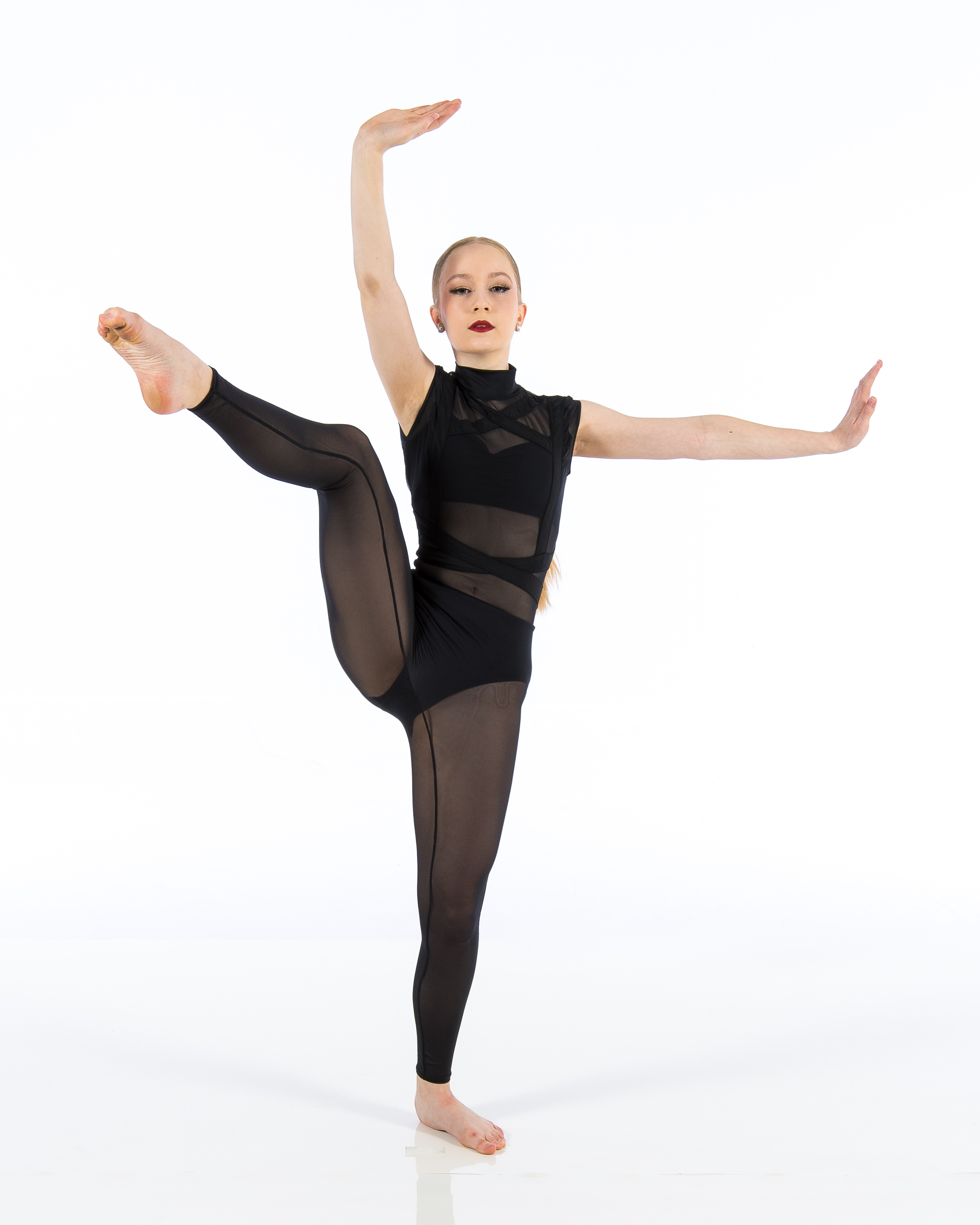Introduction
Dance is an art form that transcends barriers, joins communities, and ruptureds with the vitality of human expression. Whether you're a budding dancer entering a dance studio for the first time or an experienced entertainer looking to fine-tune your craft, understanding dance studio decorum is necessary for making certain a favorable experience. This extensive overview titled From Novice to Professional: Browsing Dance Studio Rules for an Unified Experience will certainly take you with every facet of dance studio actions, supplying understandings that will certainly boost your experience and foster stronger connections within the dancing community.
Understanding Dance Studio Etiquette
What is Dance Studio Etiquette?
Dance studio decorum describes the set of unwritten rules and social norms that govern habits in a dance classroom setup. Just like any type of various other creative atmosphere, appreciating these guidelines can improve not just your understanding experience but also that of your peers.

Why is Dance Studio Decorum Important?
Adhering to appropriate etiquette helps produce an environment of respect, emphasis, and cooperation. It promotes a sense of community and allows dancers to support each various other in their growth while minimizing interruptions throughout class.
From Beginner to Expert: The Value of First Impressions
Preparing for Your First Class
Walking into a dance studio for the very first time can be stressful. To make an unforgettable impression:
- Dress properly: Put on comfy clothing ideal for the kind of dancing you're studying. Arrive early: Goal to arrive at least 10-- 15 mins before course starts. This gives you time to check in, warm up, and work out in.
Greeting Your Instructor
A friendly greeting sets the tone for your experience. Constantly introduce on your own if it's your fabulous! An easy "Hi" or "Greetings" can go a long means in developing rapport.

Classroom Conduct: The Do's and Do n'tshtmlplcehlder 46end.
Do's: Positive Behaviors
Be Respectful: Regard every person's personal space-- specifically when exercising moves. Listen Proactively: Show listening when trainers are talking; it reveals you value their guidance. Support Your Peers: Motivate fellow dancers; positivity types encouragement.Don'ts: Adverse Behaviors
Avoid Distractions: Keep personal conversations outside the classroom. Don't Use Your Phone: Silence your phone throughout class; it's disruptive. Refrain from Interrupting: Wait up until the teacher coatings prior to asking questions.The Duty of Personal Space in Dance Studios
Understanding Boundaries
Personal room varies from person to person, specifically in a dancing setup where physical proximity is frequently required during technique routines.
Communicating Comfort Levels
If you feel awkward with exactly how close an additional dancer is getting throughout partnered workouts or developments, it's crucial to communicate this pleasantly and professionally.
Maintaining Professionalism: Gown Code and Grooming
Importance of Appropriate Attire
Each dance design often has its own dress code-- whether it be leotards for ballet or loose-fitting clothing for hip-hop courses-- adhering to these criteria demonstrates respect for both your craft and your instructor.
Personal Hygiene Matters
Dancing requires physical effort, which can bring about sweating. Ensure you preserve excellent health by showering prior to course and wearing clean attire.
Behavior Throughout Course: Concentrating On Learning
Engaging with Instruction
It's essential to stay focused throughout presentations. Rather than just seeing, actively engage by visualizing exactly how you would perform each movement.
Asking Concerns Appropriately
Curiosity boosts finding out! If something isn't clear, feel free to ask concerns-- however guarantee they matter and posed at appropriate times (ideally after guidelines).
Feedback: Embracing Constructive Criticism
Accepting Responses Gracefully
Constructive objection is part and parcel of development in any type of art form. Welcome feedback with an open mind and prevent ending up being defensive; keep in mind that review aims to aid boost your skills!
Offering Feedback Thoughtfully
When providing feedback to peers, guarantee it's useful rather than essential; focus on what they did well along with areas for improvement.
Creating Consistency With Teamwork
The Relevance of Team Spirit
In several dancing designs, team effort plays a crucial function; developing sociability with fellow professional dancers results in boosted performances.
Collaborating Throughout Team Exercises
When associated with team tasks or choreography techniques, encourage creative thinking by valuing everybody's ideas while additionally adding yours constructively.
Handling Disputes Gracefully
Addressing Disputes Maturely
Conflict may develop due to misconceptions or varying point of views on choreography selections. Tackle these concerns independently rather than publicly broadcasting grievances which might interfere with course harmony.
Seeking Mediation When Necessary
If problems rise beyond personal resolution initiatives-- look for assistance from trainers that can moderate properly based on their experience taking care of comparable situations.
Post-Class Etiquette: Leaving on an Excellent Note
Thanking Trainers After Class
Always reveal gratefulness in the direction of your teacher after lessons; this enhances positive connections while acknowledging their difficult work!
Keeping the Workshop Clean
Whether it's picking up water bottles or neatly setting up props post-class-- maintaining tidiness shows respect for shared spaces made use of by all dancers!
Engaging Beyond Class Time: Structure Community Relationships
Joining Social Events
Participate in social events arranged by workshops such as showcases or open residences-- these celebrations provide chances for networking while improving neighborhood ties outside structured lessons!
Supporting Other Dancers' Performances
Attending peers' efficiencies shows uniformity within the dance community-- it encourages involvement past mere presence at classes!
Frequently Asked Concerns (FAQs)
1. What must I put on for my very first dance class?
Choose comfortable outfit ideal for the details style you're taking (e.g., leotards for ballet). Constantly ask about gown codes beforehand!
2. Is it fine to chat during class?
It's finest practice not to participate in side conversations throughout instruction as this distracts both trainers & & fellow trainees alike!
3. Exactly how do I manage feeling overwhelmed?
Take deep breaths & & remind yourself that every dancer began someplace! Connect any kind of battle with trainers who may give additional aid if needed!
4. What if I disagree with choreography choices?
Express problems professionally either privately or within designated responses sessions as opposed to freely critiquing throughout rehearsals; Dance Studio keeping professionalism assists settle arguments amicably!
5. Ought to I bring water right into the studio?
Definitely! Staying moisturized boosts performance levels; simply make sure containers are firmly shut so spills do not happen on floors where others are dancing!

6. Just how important is punctuality?
Punctuality is critical as showing up late interferes with concentration levels while causing interruptions; aim always get here early enough allowing time workout appropriately before courses commence!
Conclusion
Navigating with a dance studio setting can appear daunting in the beginning glance however mastering correct decorum eventually changes one's trip from beginner condition towards expert level creativity! By sticking closely well established habits detailed throughout this guide entitled From Beginner To Expert: Navigating Dance Studio Decorum For An Unified Experience *, you'll grow vital friendships within areas enriched imagination while sharpening technological expertise alongside appreciated advisors! So lace up those footwear with confidence step onto that flooring-- the globe awaits your unique expression via movement!